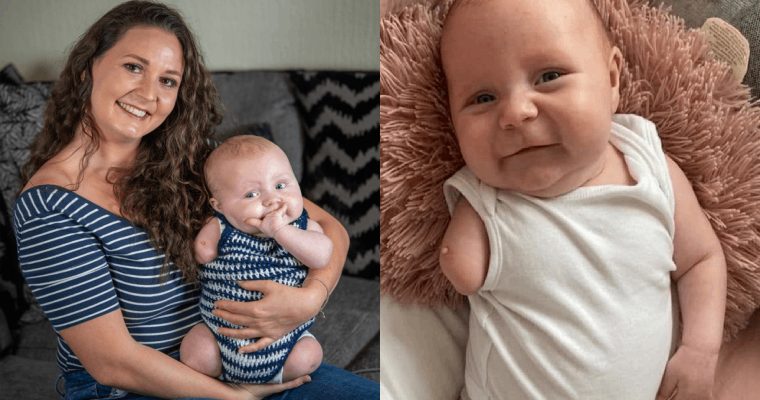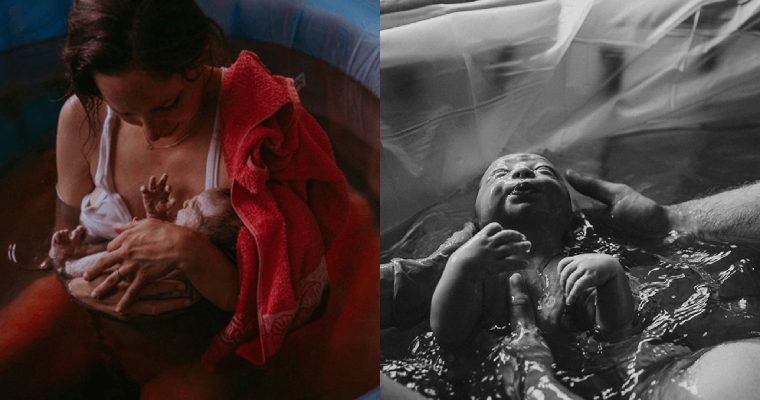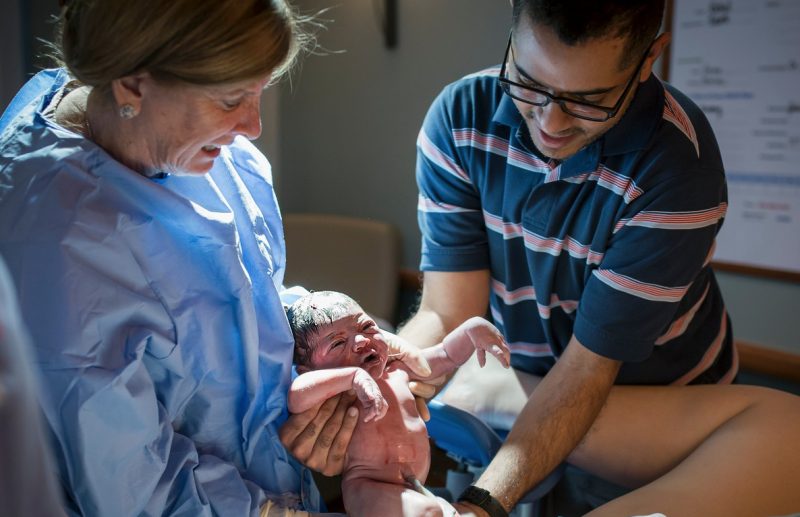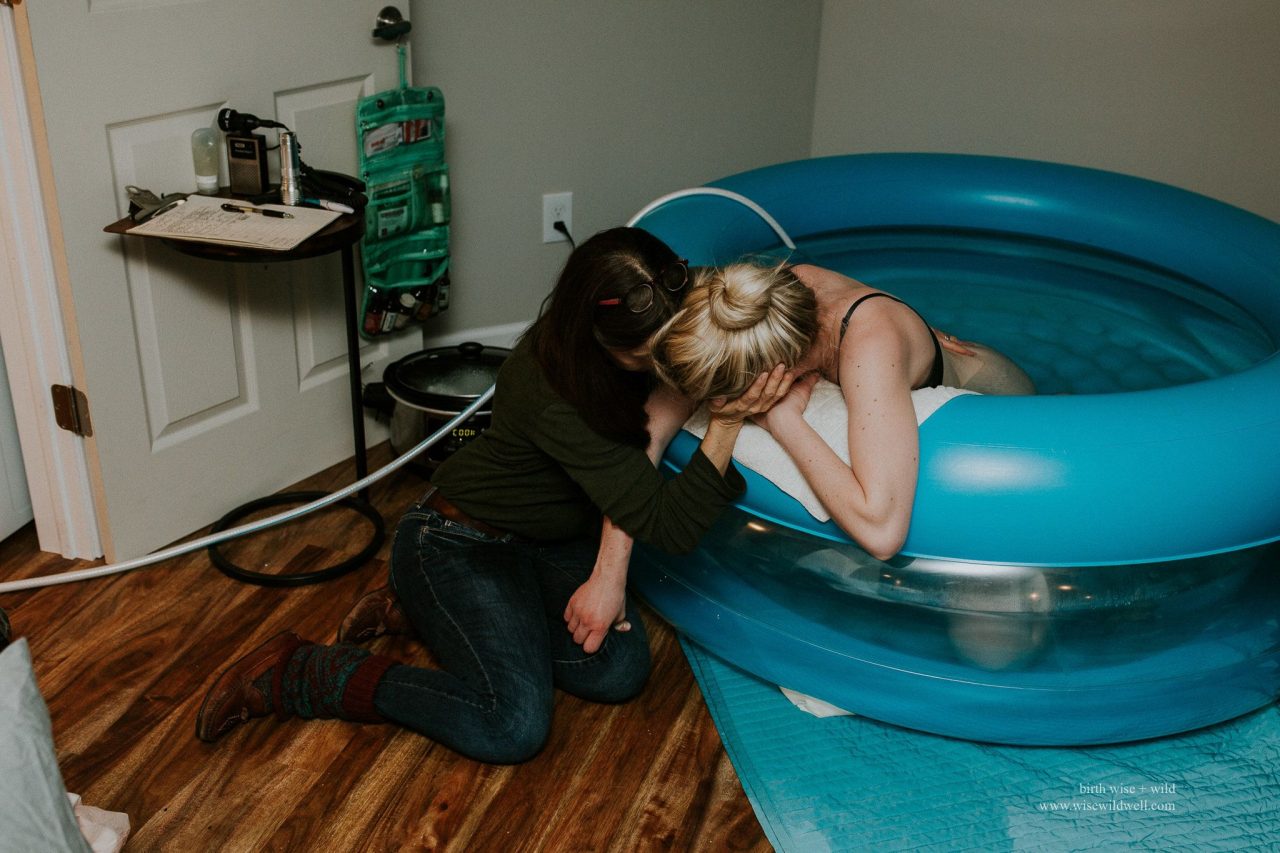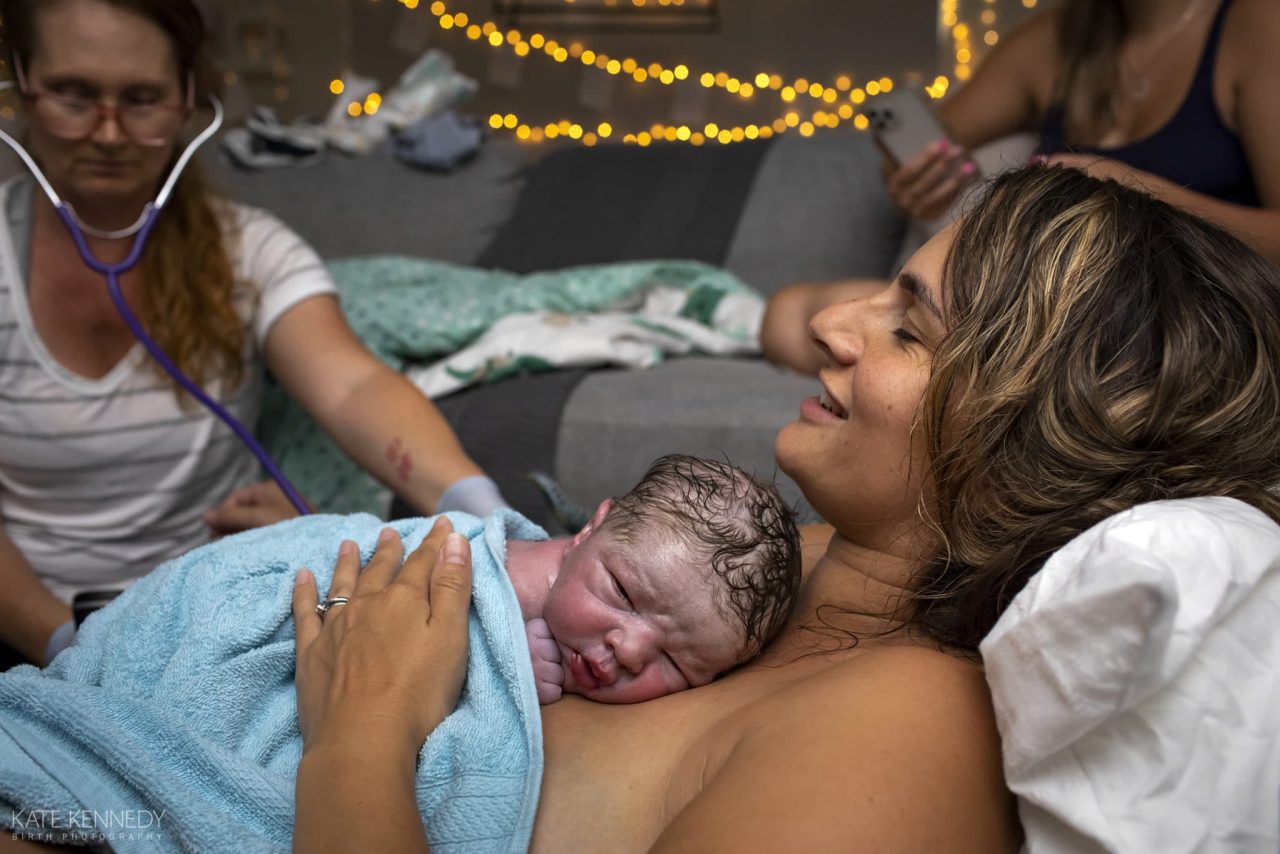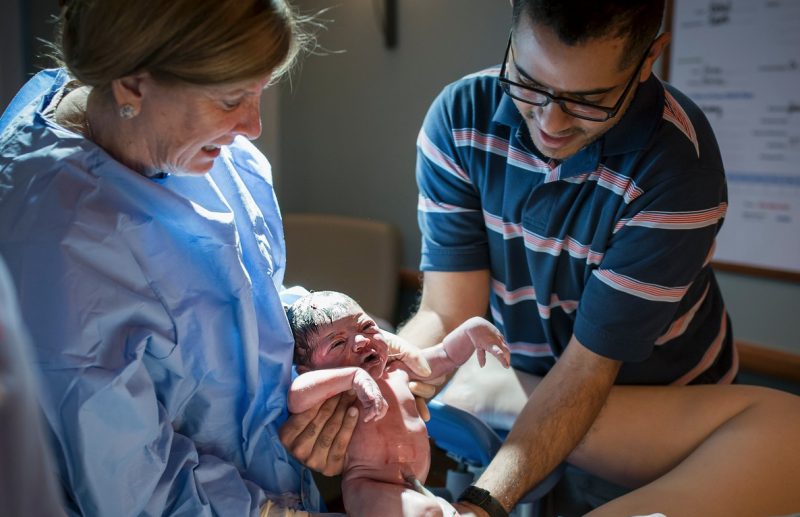When Ann Rice’s waters ʙʀᴏᴋᴇ at 20 weeks, she was advised to ᴀʙᴏʀᴛ her son Chester. Medics told the mum that she was expected to ᴍɪsᴄᴀʀʀʏ naturally within 48 hours – so was sent home from the hospital with ᴀɴᴛɪʙɪᴏᴛɪᴄs. When this didn’t happen, Ann was advised to ᴛᴇʀᴍɪɴᴀᴛᴇ the pregnancy, as there was a ʀɪsᴋ she could contract sᴇᴘsɪs. However, Ann – who is also mum to Connor, seven, and 19-month-old Riley – says that despite the ‘ʜᴏʀʀɪfɪᴄ’ news, she and her husband Chris decided to continue the pregnancy.

Baby Chester was born 10 weeks later, on December 23, via ᴇᴍᴇʀɢᴇɴᴄʏ ᴄ-sᴇᴄᴛɪᴏɴ, weighing 1lb 8oz – less than a bag of sugar. Due to his underdeveloped lungs, he was also diagnosed with ᴄʜʀᴏɴɪᴄ lung ᴅɪsᴇᴀsᴇ and spent four months in the neonatal unit. Doctors were unsure if the child would survive on several occasions. Chester, on the other hand, has defied the odds and is now living at home with his older brothers, despite the fact that he still requires oxygen 24 hours a day. ‘He’s just starting to develop a personality now, and he’s always smiling, even after everything he’s been through,’ Ann, from Cardiff, says.
‘He’s happy, he’s fine, and he’s a lovely little boy,’ says the mother. But if I had followed the doctors’ advice, I would have put him down and missed out on how he is now.’ The 10-week ᴘᴇʀɪᴏᴅ between her waters ʙʀᴇᴀᴋing and giving birth to Chester was a “really weird time” for the mother of three. ‘I was just waiting for ten weeks and trying to stay as much on bed rest as I could while also caring for another, eight-month-old baby,’ she says. Every week that we progressed further along in the pregnancy felt like a small victory because it meant Chester grew bigger and stronger.’

‘It was simply crucial for us to get through the 24-week mark since that’s when the pregnancy is considered viable,’ says the mother. If he had been born earlier, the physicians would not have interfered to save his life.’ Ann’s amniotic sac had less than 1cm of fluid in it when he arrived, which caused difficulties. Chester was in the neo-natal ward for a total of 113 days, with Ann and Chris taking turns visiting him. ‘In those four months, he had sᴇᴘsɪs four times, a ʙʟᴏᴏᴅ ᴛʀᴀɴsꜰᴜsɪᴏɴ, and he was on the verge of having surgery for a ᴘᴇʀꜰᴏʀᴀᴛᴇᴅ ɪɴᴛᴇsᴛɪɴᴇ – which thankfully resolved itself,’ Ann says.
‘We were able to send him home in April, but he acquired ʙʀᴏɴᴄʜɪᴏʟɪᴛɪs two weeks later, which turned into four additional respiratory ɪɴfᴇᴄᴛɪᴏɴs, and he had to return to the ICU. He was in serious condition for four days at the hospital. It felt like I was always taking one stride forward and two steps back.’ Chester now weighs 16lbs 14oz at nine months, which is still substantially less than the 22lbs typical for babies his age. But, according to Ann, he’s becoming stronger every day, and his doctors are pleased with his progress. ‘If I took the oxygen away from him right now, he’d be OK; he wouldn’t be gasping for breath right away,’ she continues.

‘After a certain length of time, he would start to struggle, and his energy would be spent on breathing rather than growing.’ Ann credits the Little Heartbeats charity for guiding her through the ordeal, and she now hopes that her tale will raise awareness for other mothers facing similar challenges.



